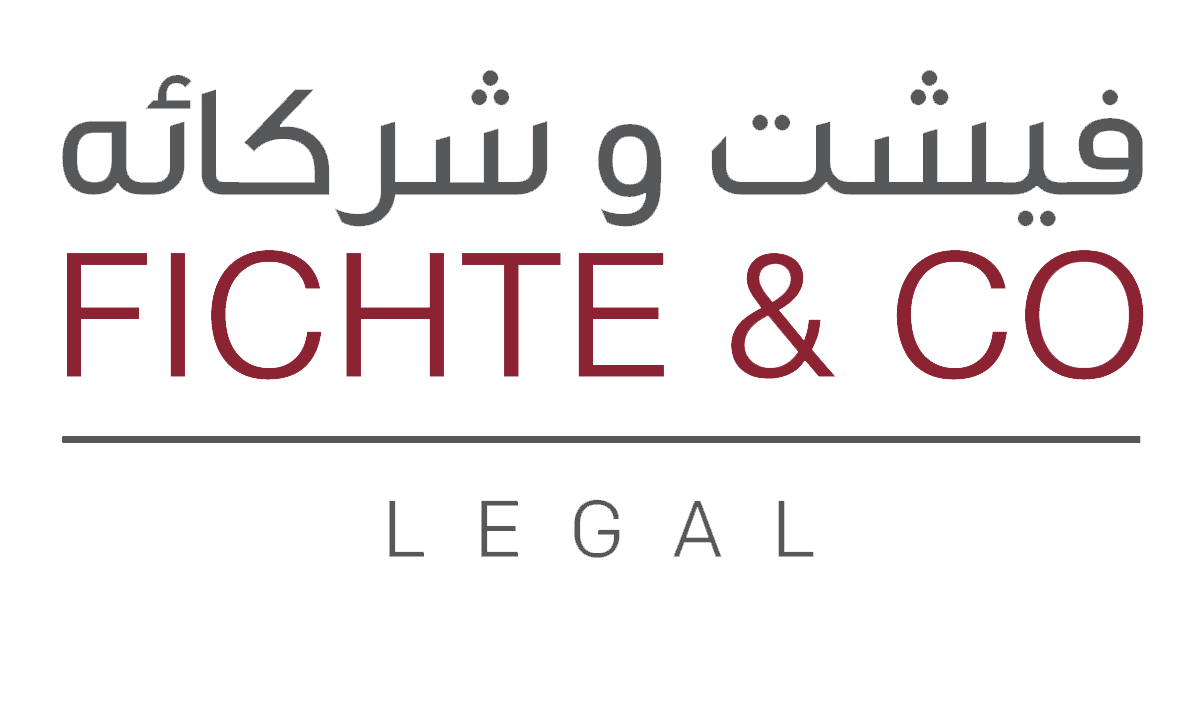Background
On 12 November 2018, the Dubai International Financial Centre (DIFC) issued the following new laws and regulations:
- Companies Law (DIFC Law No. 8 of 2018) and the Companies Regulation (“New Companies Law”)
- Operating Law (DIFC Law No. 7 of 2018) and the Operating Regulations (“Operating Law”)
- Ultimate Beneficial Ownership Regulations issued pursuant to the Operating Law (“UBO Regulations”)
(collectively referred to as the “New DIFC Laws”)
The older Companies Law (DIFC Law No. 2 of 2009) and Companies Regulations (“Old Companies Law”) now stand repealed.
This note sets out the key action points for existing DIFC companies and summarises the key changes brought about by the New DIFC Laws.
Compliance Checklist
Operating Law
- Annual Confirmation Statement: DIFC companies must now file a confirmation statement (which replaces the annual return) with the Registrar of Companies (“ROC”) upon the renewal of their license, confirming that all required information has been notified to the ROC.
- Maintenance of Records and Registers: Pursuant to the Operating Law, a DIFC company is now permitted to maintain its records and registers at a location other than its registered office address. The decision of the company to maintain the records and register outside of its registered office is required to be notified to the ROC within 30 days of the decision. As such, this allows for registers and records to be held with a company’s corporate service provider.
UBO Regulations
Set out below are the key action points arising out of the UBO Regulations:
- UBO Register: Under the Ultimate Beneficial Ownership Regulations, entities registered in the DIFC are required to establish or maintain an Ultimate Beneficial Ownership Register (“UBO Register”) within 90 days of 12 November 2018. DIFC entities which come into existence on or after 12 November 2018 are required to establish an Ultimate Beneficial Ownership Register within 30 days of its incorporation or registration. For reference, under the UBO Regulations, an ultimate beneficial owner is defined as a natural person owning or controlling (directly or indirectly) 25% or more shares of the company.
- Nominee Director: A nominee director is required to notify the company of the fact that he is a nominee within:
- 60 days of 12 November 2018 in respect of existing DIFC entities;
- 30 days of the later of (A) the incorporation date of the entity, or (B) the nominee director becoming a nominee.
In addition, nominee directors are required to notify the company of any changes to the particulars submitted by him to the company including his cessation as a nominee.
- Register of Nominee Directors: DIFC companies who have one or more nominee directors are required to maintain a Register of Nominee Directors. The Ultimate Beneficial Ownership Regulations do not mention any compliance deadline for this action, although it is recommended to commence maintaining this register within 60 days of 12 November 2018, given that nominee directors would have provided notifications to the company by then.
- Notification to ROC: DIFC entities are required to provide the ROC details of the persons whose names are included in its UBO Register and its Register of Nominee Directors within 90 days of 12 November 2018.
- Notification of Changes in Registers: DIFC entities who make a change in its UBO Register or its Register of Nominee Directors are required to notify the ROC within 30 days of making the change.
New Companies Law
In general, DIFC companies have a grace period of 12 months to transition and comply with the New Companies Law. Set out below are the key action points arising out of the New Companies Law:
- Revisions to Articles of Association: DIFC companies are required to amend their articles of association (“Articles”) within 12 months of 12 November 2018 to the extent necessary so that they are consistent with the New Companies Law. In the meantime, where any conflict exists between a company’s existing Articles and the New DIFC Laws, the latter will prevail. As such, we recommend DIFC companies to take this opportunity to review their Articles and incorporate the favourable new provisions under the New Companies Law into their articles of association.
- Minimum Share Capital for Public Companies: Public companies must now increase their share capital to USD 100,000 by 12 November 2019.
- Change of Name: LLCs which were converted to private companies will now have to amend their names to replace ‘LLC’ or ‘Limited Liability Company’ with “Limited” or ‘Ltd’. Such change will have to be made in their Articles, email signatures, company stationery etc. by 12 November 2019.
- Compliance Calendar: In general, DIFC companies must observe the updated compliance calendar sent to them by the DIFC.
Key Changes to the DIFC Companies Law Regime
| Particulars | Old Companies Law |
New Companies Law |
| Types of Companies | The Old Companies Law recognised the following types of entities:
(i) companies limited by shares, (ii) limited liability companies (“LLCs”) (iii) ‘recognised companies’ (i.e., branches of foreign companies)
|
The New Companies Law now recognises the following types of entities
(i) private Companies (ii) public Companies
All companies limited by shares and LLCs were automatically converted into a private company or a public company (where the company was listed or had more than 50 shareholders) on 12 November 2018. |
| Change of Name
|
LLCs’ names were suffixed with either ‘LLC’ or ‘Limited Liability Company’ | (i) Private companies’ names must be followed by “Limited” and “Ltd”.
(ii) Public companies’ names must be followed by “Public Limited Company” or “PLC”. |
| Number of Shareholders
|
DIFC companies were required to have a minimum of one shareholder with no limit on the maximum.
|
(i) Private companies cannot have more than 50 shareholders.
(ii) There is no maximum limit on shareholders for public companies. |
| Number of directors
|
The Old Companies Law prescribed a minimum of two directors for DIFC companies.
|
(i) Private companies can now have just one director.
(ii) Public companies must continue to have a minimum of two directors. |
| Minimum share capital requirements
|
The Old Companies Law prescribed minimum share capital requirements of USD 50,000 for companies. | (i) Private companies do not have any minimum paid up share capital requirements.
(ii) Public companies are required to have a minimum share capital of USD 100,000 and at least 25% of the capital must be paid up. |
| Company Secretary
|
All companies were required to have a company secretary. | (i) Company Secretary are no longer required for private companies.
(ii) Public companies must continue to have a company secretary. |
| Written Resolutions | Written resolutions required the unanimous consent of shareholders.
|
Under the New Companies Law, ordinary resolutions in writing can be passed by a simple majority of shareholders entitled to vote and special resolutions in writing can be passed by shareholders holding at least 75 per cent of the total voting rights of shareholders. |
| Pre-emption Rights
|
The Older Companies Law did not have statutory pre-emption rights. | The New Companies Law has introduced a statutory pre-emption right in respect of allotment of shares which can be excluded under the Articles (for a private company) or by virtue of a special resolution. |
| Directors’ Duties | Under the Older Companies Law, a director was required to act honestly, in good faith and lawfully with a view to the best interests of the company. In addition, a director was required to exercise the care, diligence and skill that a reasonably prudent person would exercise in comparable circumstances.
|
The New Companies Law sets out more extensive duties of a director as set out below:
(i) Duty to act in accordance with the articles of the company (ii) Duty to promote the success of the company (iii) Duty to exercise independent judgment (iv) Duty to exercise reasonable care, skill, and diligence (v) Duty to avoid conflicts of interest (vi) Duty not to accept benefits from third parties. (vii) Duty to declare interest in a proposed transaction or arrangement. |
| Audit Requirements | All companies were required to audit their accounts, and DFSA regulated entities were required to file their audited accounts with the ROC.
|
Private Companies who have an annual turnover of not more than USD5,000,000 calculated on a consolidated basis including all subsidiaries, and not more than 20 Shareholders for the whole of that year are not required to audit their financial statements. That said, they are still required to prepare their annual accounts. |
| Notice of general meetings
|
Earlier, the notice period for general meetings was 21 days. | Notice period for general meetings stands at 14 days and, for AGMs, at 21 days. The notice period can be shortened subject to consent of majority of shareholders. |
| Annual General Meetings (AGMs) | Earlier AGMs were required to be conducted for all companies.
|
(i) AGMs are not required for private companies unless otherwise provided for in their articles of association.
(ii) Public companies are required to hold AGMs. |
| Confirmation Statement
|
Earlier companies were required to file an annual return. | The annual return is now replaced with the confirmation statement which must be submitted at the time of the renewal. |
| Treasury Shares
|
The Old Companies Law did not recognise the concept of treasury shares.
|
The New Companies Law clarifies that a company may hold treasury shares provided that it is sanctioned by an ordinary resolution and is not restricted by its Articles to do so. |
Need Help?
We are happy to help with reviewing your Articles or assisting with the action points for compliance with the new DIFC laws and regulations. Please get in touch with info@fichtelegal.com or call +971 4 435 7577
This article is for general informational purposes and must not be construed as legal advice.
Author: Priyasha Corrie




